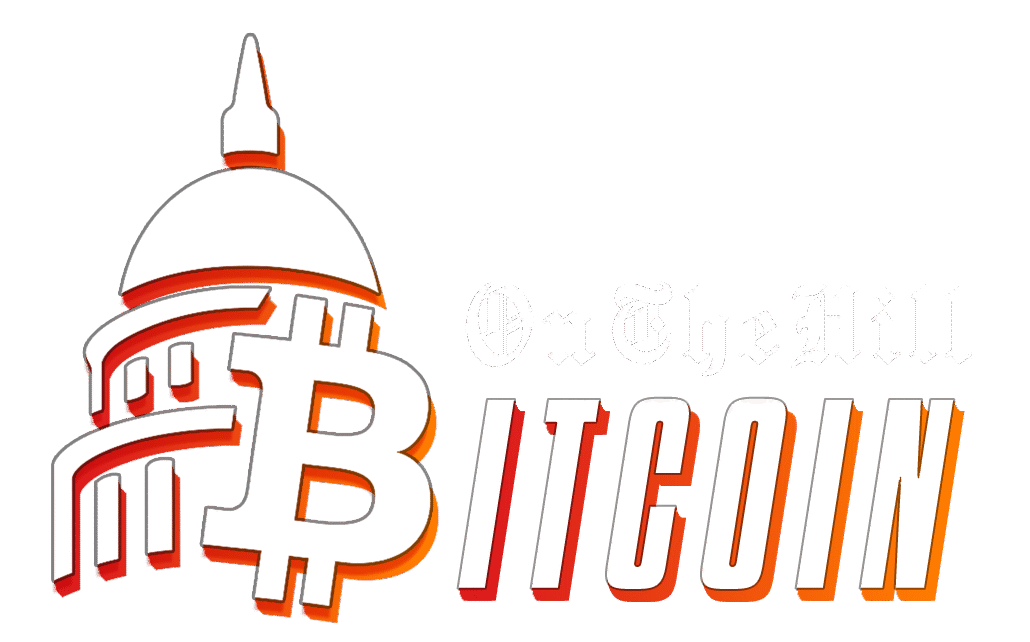
Gold Sinks, Bitcoin Stumbles: Is This a Big Deal for Our Generation?
If you’re tired of headlines about “historic markets” and “record highs,” you’re not alone. But when both gold and bitcoin take unexpected dives—even as the economy stumbles—you might wonder: Is this all just drama for day-traders, or could big market swings further mess with the future for young adults already juggling rent, student loans, and job uncertainty?
Let’s break down what the latest crash in gold prices—and the lag in crypto recovery—actually means for you, and how it’s wrapped up in political choices that directly affect our wallets and prospects.
The Old-School Safe Haven Falls from Grace
For generations, gold was seen as this indestructible “safe haven”—something your parents or even your grandparents might praise as reliable when stocks tank. But in recent weeks, gold plunged sharply from its record highs, dropping around 5% after a blistering 16% run up since March.
Does that sound familiar? It should. Because the same “safe” narrative was sold to us about degrees, jobs, and home ownership—until it wasn’t so safe anymore. Now, the places where our generation is told to put our money don’t seem to offer much in the way of stability. If gold can get whipsawed by global events or policy surprises, how is anyone supposed to build wealth or plan for a future?
Crypto’s Wild Ride: Another Bubble, or a New Play for Young Investors?
Meanwhile, the SEC and other regulators keep debating how to treat crypto assets, creating even more uncertainty. While some analysts point to the “bitcoin-to-gold ratio” hitting historic lows—often a sign that big crypto rallies are near—those lags could spell trouble if you’re trying to balance side hustles, save for a rental deposit, or pay off a mountain of student debt.
Remember: When gold faltered in the past, bitcoin sometimes surged 100% to 600% soon after. That’s tempting for young investors hunting for a shot at financial progress, especially since the Fed keeps rates high and inflation eats into every paycheck. But are these swings real opportunities, or just more empty promises while wages stagnate and housing costs skyrocket?
Why Should Young Voters Even Care about Gold or Crypto?
If you don’t own gold bars or a stash of crypto, why should you care? Because the way the U.S. government—yep, the folks over at the Federal Reserve and Treasury Department—reacts to these swings affects everything from the cost of borrowing money for a car or your next degree, to how much you actually bring home after inflation.
Take this year’s election cycle: Both parties talk a big game about home ownership and debt relief, but neither has offered clear plans for helping young people invest, save, or just survive in a market that feels rigged for the wealthy and out-of-touch boomers. Resetting interest rates, regulating crypto, or bailing out banks all ripple down to the job market, loan rates, and whether hustling every day ever actually pays off.
Plus, if gold isn’t working as a recession safety net and crypto remains a high-risk gamble, what’s left for Millennials and Gen Z to build real wealth? Are we just expected to throw money into apps and hope for the best, while government and Wall Street insiders call the real shots?
Political Moves: Who’s Actually Watching Out for Young People’s Financial Futures?
Here’s where it gets real. Big banks and legacy investors are lobbying hard to shape crypto regulations to suit their interests. Meanwhile, politicians love to drop “digital currency” buzzwords but rarely follow through with policies that actually help young savers hedge against inflation or rising rents.
Recent polling shows that 60% of Americans aged 18-34 feel locked out of traditional wealth-building. Frustration is translating to higher turnout at the polls, and those in power know it. The only way they’ll prioritize issues like secure investing, fair debt relief, and better protections on new financial tech is if younger voters make it clear, come November, that stability and opportunity matter as much as slogans and speeches.
Tired of the Rollercoaster? Why Your Vote Matters More Than Meme Gains
You shouldn’t have to get an econ degree to survive adulthood, or risk next month’s rent on a meme token because every “safe” option is crumbling. Whether or not you personally trade gold or crypto, know this: the way Congress writes tax and investment laws, and how regulators shape the rules, determines if the path to economic independence is open or yet another rigged game.
So, next time you see dramatic headlines about gold tanking or bitcoin “about to boom,” don’t just scroll by. Ask yourself: Who in office is fighting to make wealth-building fair for all generations, not just the already-set? Who’s pushing for better oversight of markets that actually protects young people’s day-to-day prospects? And who’s willing to shake things up so that—win or lose—the odds aren’t always stacked against us?
Your ballot won’t stop wild price swings. But voting for leaders who actually get what it’s like to live paycheck to paycheck (and care about fair financial futures) could turn market chaos into more stable ground for everyone. The future of crypto, and your own economic security, is as political as it gets.




